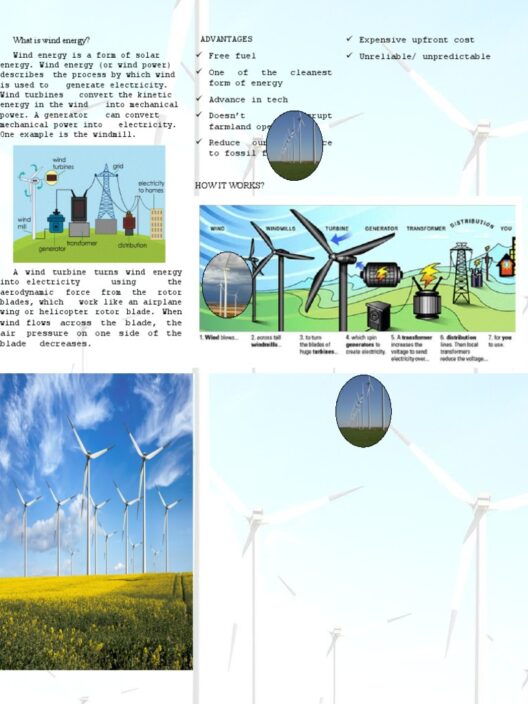The discourse surrounding climate change has evolved significantly over the years, but one question persists with fervor: Is climate change man-made? This inquiry is not just an academic exercise; it demands a thorough examination of the underlying evidence and implications. Scientists from various disciplines have devoted their careers to understanding climate dynamics and the role human activity plays in this global phenomenon. Through their research, we can glean a clearer picture of the factors driving climate change and the potential paths forward.
Understanding the distinction between natural and anthropogenic influences is crucial. While the Earth’s climate has undergone fluctuations due to natural forces throughout geological history, the current trajectory points towards an unprecedented rate of change. Natural variables such as solar irradiance, volcanic activity, and ocean currents traditionally modulate the climate. However, these processes operate on timescales that hardly align with the rapid changes observed today. Instead, human activities—most notably the combustion of fossil fuels, deforestation, and industrial practices—have introduced significant alterations to the atmospheric composition, leading to a global warming phenomenon largely attributed to anthropogenic emissions.
Through meticulous research, scientists have pinpointed greenhouse gases, particularly carbon dioxide (CO2) and methane (CH4), as pivotal culprits in climate change. The Intergovernmental Panel on Climate Change (IPCC) has provided a wealth of data supporting the conclusion that CO2 levels have risen dramatically since the onset of the Industrial Revolution, correlating closely with increased global temperatures. The carbon cycle has been irrevocably altered by human activity, leading to a phenomenon that is anything but natural. This understanding shifts our perspective from viewing climate change merely as a distant concern to recognizing it as an urgent crisis demanding immediate attention.
Delving deeper into the scientific consensus reveals further nuances. More than 97% of climate scientists agree that human activities are the primary factor in recent warming. This unified agreement emanates from diverse research disciplines that converge on similar conclusions. From climatology to oceanography and ecology, interdisciplinary studies reveal the interconnectedness of human impact on the climate system, underscoring the complexity of this issue. For instance, deforestation not only contributes to increased CO2 levels but also disrupts local climates and biodiversity, creating a cascade of environmental consequences.
The urgency of the matter is compounded by the alarming projections made by climate models. These sophisticated tools apply physical principles to predict future climate conditions based on various emission scenarios. The consensus points towards possibly catastrophic outcomes if current trends continue unabated. Rising sea levels, more frequent and intense weather events, and widespread habitat loss threaten not only ecological stability but also human societies worldwide. The frailty of our existing systems is now apparent, as the implications of climate change resound through economies, health, and social structures.
Amidst this alarming reality, the critical question emerges: What can be done to mitigate this man-made crisis? Moving forward requires not only understanding the scientific underpinnings of climate change but actively engaging in solutions. Renewable energy technologies, such as solar, wind, and hydroelectric power, offer viable alternatives to fossil fuels. These innovations promise to eliminate or significantly reduce greenhouse gas emissions while simultaneously stimulating economic growth and creating jobs. Transitioning to a low-carbon economy calls for coordinated efforts at individual, community, and governmental levels. Grassroots activists, policymakers, and corporate leaders must collaborate to enact policies that enforce sustainability and drive effective climate action.
Education is also an invaluable tool in combating climate change. By equipping individuals with knowledge about energy conservation, sustainable practices, and ecological stewardship, society can foster a culture of environmental awareness. Furthermore, engaging young people through educational programs focused on climate literacy ensures that the future workforce is aware and prepared to tackle the challenges posed by climate change. Empowering individuals with the knowledge to make impactful decisions can amplify grassroots movements, leading to significant changes at all levels of governance.
The role of technology is indispensable in the approach to climate action. Innovations such as carbon capture and storage (CCS), electric vehicles, and advancements in sustainable agriculture present opportunities to counteract the worsening effects of climate change. Each technological advancement must be pursued with diligence and ethical considerations, ensuring that it aligns with the broader goal of transitioning to a regenerative system rather than merely sustaining existing practices.
In conclusion, the consensus among scientists is clear: climate change is, to a considerable extent, man-made. The interplay of human activity with natural systems has led to profound and often deleterious changes in our environment. Understanding the gravity and complexity of this reality fosters a sense of urgency that can catalyze meaningful action. From transitioning to renewable energy sources to fostering education and innovation, the path forward is not only feasible but essential. The responsibility lies with each of us to rethink our interactions with the planet, engage critically with the larger systemic issues at play, and commit to collective action aimed at preserving the Earth for generations to come.








